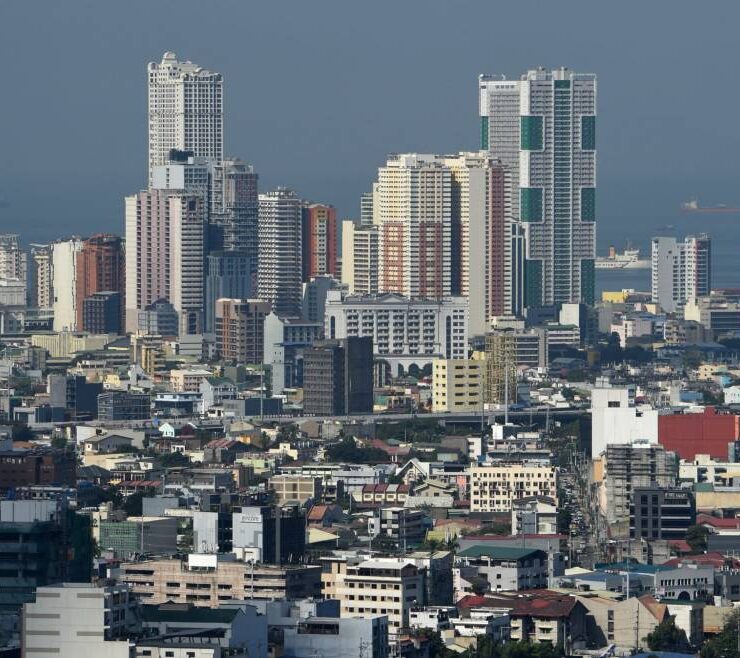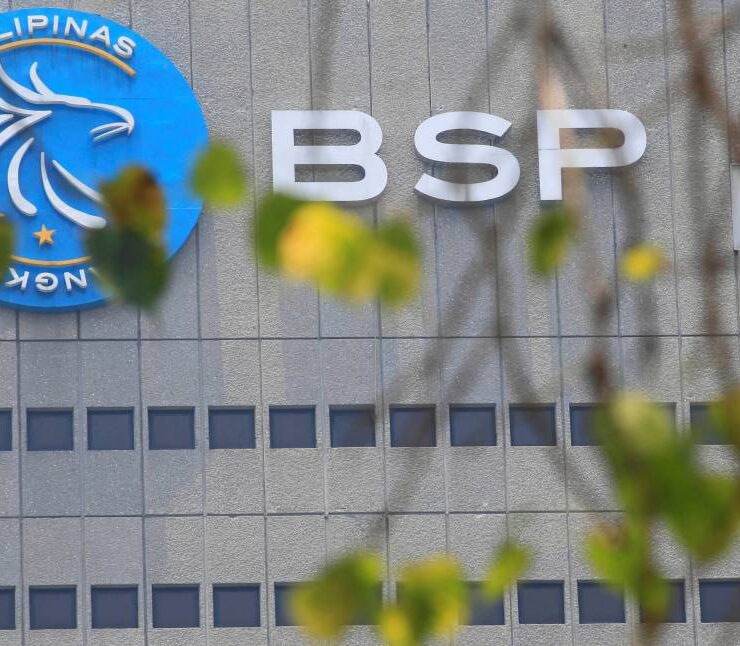PH debt draws more foreign cash

Foreign investors are stepping up purchases of Philippine government bonds, a shift buoyed by market-friendly reforms and declining inflation, with regulators signaling comfort about the growing foreign presence.
Japanese investment bank Nomura, citing talks with Philippine officials, said policymakers may be comfortable with a gradual rise in foreign participation to around 10 percent. That increase could come as the country eyes potential entry into J.P. Morgan’s benchmark bond index for emerging markets.
The Bureau of the Treasury (BTr) said overseas ownership of peso-denominated government debt climbed to 6.03 percent in August, up from 4.2 percent at the end of 2024. The BTr attributed this to “efforts to engage international investors and push market reforms with the goal of improving market liquidity and accessibility of the onshore government bond market for foreign investors.”
“We believe this pickup was driven by a combination of factors, such as declining inflation, which has allowed BSP (Bangko Sentral ng Pilipinas) to lower its policy rate substantially, as well as prospects of bond index inclusion,” Nomura wrote in a note to clients.
J.P. Morgan said in a report on Sept. 12 that it had placed peso-denominated government securities on a “positive watchlist,” the final stage before potential inclusion in its Government Bond Index–Emerging Markets, or GBI-EM.
It cited a string of “proactive market reforms” by Philippine authorities, including streamlined tax treaty procedures, the revival of the domestic repurchase market and the launch of a peso interest rate swap market.
The GBI-EM tracks local-currency sovereign debt across 19 countries and is closely followed by global fund managers. Inclusion could draw P100 billion in foreign capital, National Treasurer Sharon Almanza said, based on an estimated 1 percent weighting for the Philippines.
The bank’s index assessment is expected to last six to nine months, with further updates and any applicable index rebalancing estimates to be provided in the first quarter of 2026. Almanza said the government will continue implementing reforms meant to boost liquidity in the secondary market, especially through regular issuances of 3-, 5- and 10-year bonds to build benchmarks.
Authorities are also hoping to seal more tax treaties offering preferential rates abroad.





















